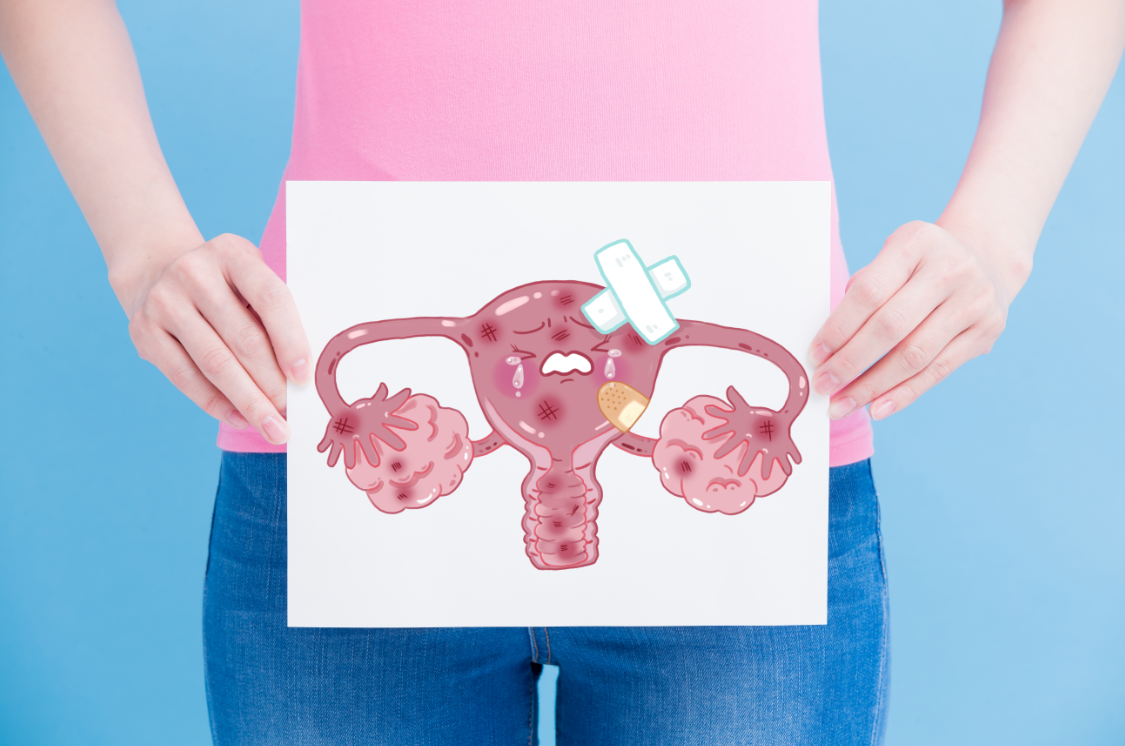
What is Pap Smear?
In China, there are health risks that can be controlled. One area where women can improve their health is by regular screening for female cancers.
Cervical cancer accounts for a quarter of all cancer deaths in China and half of all cancer deaths in women. There death could avoided by proper cancer screening. Now, there are 130,000 new cervical cancer patients in China every year. Through pap smear test, 90 to 95 percent of early cervical cancer lesions can be detected. If the cervical cancer are detected early, the cure rate can reach 100 percent. But more than 70 percent of women over 25 in china have never had a pap smear. Only by improvement in obtaining regular cancer screening can these death by prevented.
Here are a few additional facts regarding the “pap smear” test
What is a Pap test? — A Pap test (sometimes called a “Pap smear”) is a test that doctors use to check the cervix for early signs of cancer. The cervix is the bottom part of the uterus, where it meets the vagina
To do a Pap test, your doctor or nurse will gently push apart the walls of your vagina using a device that looks like a duck beak. The device is called a “speculum.” Then, they will use a small tool to lightly scrape cells from the surface of your cervix. This might be a little uncomfortable, but usually will not hurt. The staff at a lab will look at the cells under a microscope to see if they are abnormal.
Pap tests can find cancer cells or cells that could turn into cancer, called “precancer.” Precancer can be treated to try to prevent it from turning into cancer. The test can also usually find cancer in the early stages, when it can be treated or even cured.
When should I start having Pap tests? — You should start having Pap tests when you become sexually active or when you turn 21 (which ever is first). When you turn 30, your doctors might also suggest doing another test to check for cervical cancer, called an HPV test. For this, the doctor or nurse takes cells from the cervix the same way they do for a Pap test.
What should I do to prepare for a Pap test? — Generally the Pap test can be still performed if you are having your menses or if you have had sex recently. If your menstrual bleeding is very heavy, you might want to call your doctor or nurse to see if you should reschedule.
How often should I have a Pap test? — That depends on how old you are and what the results of your past Pap tests have been.
- If you are age 21 to 29, you should have a Pap test every 3 years after having had two normal tests one year apart. .
- If you are age 30 or older, you can have a Pap test every 3 years or a combination Pap and HPV test every 5 years.
- If you are age 65 or older, you can stop having Pap tests if:
- You had Pap tests done regularly until you turned 65.
- You had 3 normal Pap tests in a row, or 2 normal combination Pap and HPV tests over the past 10 years (with the most recent test within the past 5 years)
You might also get a Pap test if you have certain symptoms, such as vaginal bleeding.
Do I need to get Pap tests if I had a hysterectomy?
— If you had surgery called a “hysterectomy” to remove your uterus, ask your doctor if you need to keep having Pap tests. After a hysterectomy, you probably do not need Pap tests if:
- Your cervix was removed along with your uterus
- You did not have cervical cancer or pre-cancer (sometimes called “dysplasia”)
Do I need to get Pap tests if I had the HPV vaccine?
— Yes. You still need to get Pap tests if you got the HPV vaccine. HPV stands for “human papillomavirus.” It is the virus that causes cervical cancer. Getting the HPV vaccine reduces your chances of getting cervical cancer. But it does not completely protect you. You still need to be checked for cancer.
What if I have an abnormal Pap test? — First, you should know that abnormal Pap tests are common. They are just an initial test, and most people with an abnormal Pap test do not have cancer. If your Pap test has cells that look “abnormal,” your doctor or nurse can follow up with another test to find out for sure what is going on.
Depending on your age and the result of your Pap test, your doctor or nurse might order an HPV test done on the sample they collected for the Pap test. The HPV test checks for infection with a type of HPV virus that can cause cancer.
Your doctor might also suggest that you have another follow-up Pap test or a test called a colposcopy. These are explained below:
- Another Pap test at 6 to 12 months – Sometimes a Pap test shows cells that could be either normal or abnormal. If you wait a few months and have another Pap test, you could find that the cells are back to normal. You might also need an HPV test at the same time.
- A colposcopy – For this test, the doctor or nurse will use a speculum to look at your cervix, just like during a Pap test. But they will look more closely using a device that looks like a microscope. It allows the doctor or nurse to see the cervix in more detail. During this test, the doctor or nurse might also take tiny samples of tissue from the cervix. This is called a “biopsy.” Tissue from the biopsy can go to the lab and be checked for anything abnormal.
If it turns out that you have cervical cancer or precancer, there are effective treatments available. If your condition was found early, there is a good chance you can be cured.
Source: http://qikan.cqvip.com/Qikan/Article/Detail?id=42908087
Copyright United Family Healthcare 2014 All right reserved - 京卫网审[2014]第1927号 - 京ICP备13017554号-4







